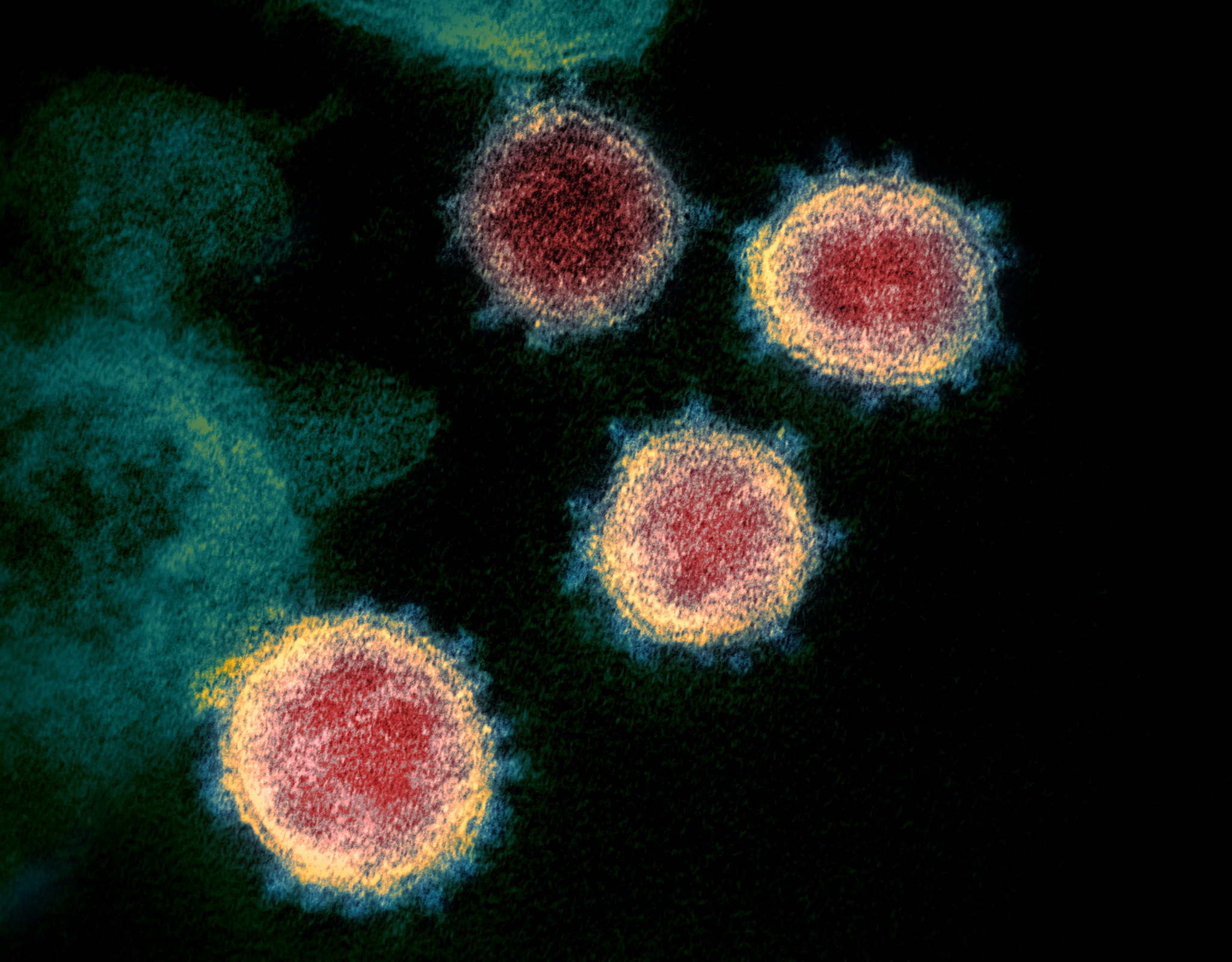Doubts over US government plans for COVID-19 vaccine

There are doubts about the US government's plans to have 300 million COVID-19 vaccine doses ready by the end of the year, after the front-running candidate from Moderna advanced to mid-stage clinical trials.
Plans outlined by president Donald Trump’s administration at the start of the month aim for a target of 100 million doses of coronavirus vaccine by September.
But Tennessee Senator Lamar Alexander, who like Trump is a Republican, appeared to question whether the plan was viable in a TV interview.
Alexander, who is chair of the Senate Health and Education Committee, said on NBC’s Meet the Press that the target was “amazingly ambitious”.
“I have no idea if we can reach that,” said Alexander, who stressed the importance of testing until a vaccine emerges.
Alexander’s comments follow the news that Moderna has received phase 2 trial clearance from the US government - but the timeline suggested by the US biotech points to approval next year at the earliest assuming trials are successful.
Moderna CEO Stéphane Bancel said in a statement with the company’s first quarter earnings statement: “The imminent Phase II study start is a crucial step forward as we continue to advance the clinical development of mRNA-1273.”
Moderna is finalising a protocol for the trial following the award of $483 million from a US government agency to accelerate its development.
This tees up a potential pivotal phase 3 trial in the early summer, the company said, in time for a potential approval in 2021.
The company has begun a collaboration with Lonza to manufacture up to a billion doses of the vaccine every year.
Bancel added: “We are accelerating manufacturing scale-up and our partnership with Lonza puts us in a position to make and distribute as many vaccine doses of mRNA-1273 as possible, should it prove to be safe and effective.”
There have also been positive results from a phase 1 trial of Moderna’s Zika vaccine candidate, an important development as mRNA vaccines are yet to be proven in humans.











